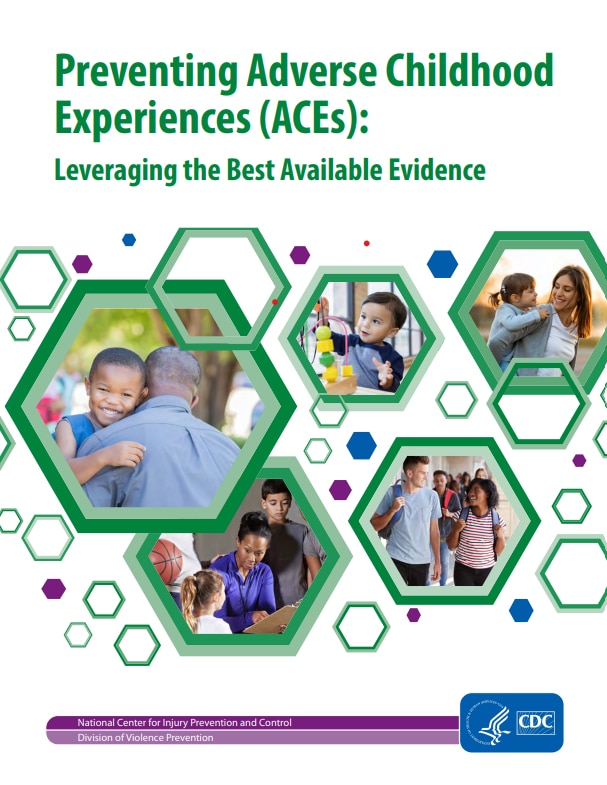Promoting Health Equity
CDC is committed to addressing health inequities and to ensuring health equity, which is achieved when every person has the opportunity to live a healthy life. Health inequities can contribute to increased overdose deaths and other negative health outcomes, especially among groups that have been marginalized.
Groups of people who may be disproportionately affected by the drug overdose crisis include, but are not limited to those:
- Disadvantaged by reduced economic stability
- Experiencing disabilities, homelessness, mental health conditions, or incarceration,
- Experiencing limited educational attainment, limited access to healthcare, limited health literacy, and/or limited access to substance use treatment
- From non-English speaking populations, tribal populations, or rural communities and other geographically underserved areas
- From racial and ethnic minority groups
- From sexual and gender minority groups
Social determinants of health (SDOH), or the conditions in which people live, work, learn, and play, can also contribute to health inequities and result in intergenerational risk for substance use and overdose. For example, adverse childhood experiences, or ACEs, are potentially traumatic events that occur in childhood (0-17 years), such as experiencing violence, abuse, or neglect or witnessing violence or substance use in the home or community. Specifically, exposure to a parent’s substance use or the loss of a parent to overdose can contribute to increased risk of substance use and overdose in adulthood and impact a person’s ability to live a healthy life. As such, ensuring health equity can help prevent ACEs, substance use, and overdose.
Evidence-based tools and resources and the implementation of targeted prevention strategies that address key drivers of health inequities can help curb the overdose epidemic. Learn more about incorporating and promoting health equity in the prevention of substance use and overdose using the resources and publications below.
The Health Equity in the Response to Drug Overdose webpage features actionable resources with reports, frameworks, guidance, and resource repositories from local, state, and national entities. CDC and the National Association of County and City Health Officials (NACCHO) partnered to compile the literature available on health equity in the national drug overdose response. CDC and NACCHO identified tools and resources that can help health departments consider root causes of health inequities across populations and the interconnected system of upstream inequities when addressing drug overdoses in their jurisdictions. The resources are organized into three core areas: Programs, Practices, and Interventions; Planning and Implementation; and Outreach and Awareness.

Adverse childhood experiences, or ACEs, are potentially traumatic events that occur in childhood (0-17 years).
ACEs are linked to chronic health problems, mental illness, and substance use problems in adulthood. Exposure to ACEs can also negatively impact health equity, particularly in the context of education, job opportunities, and earning potential. However, ACEs can be prevented.
This resource can help states and communities leverage the best available evidence to prevent ACEs as well as lessen harms when ACEs do occur. It features six strategies drawn from the CDC’s Technical Packages to Prevent Violence.

Health inequities can contribute to negative health outcomes, including increased overdose deaths, among racial and ethnic minority populations including Black, American Indian/Alaska Native, and Hispanic persons. Clinicians, public health professionals, policy makers, and other community members can work together to promote health equity, reduce poor health outcomes, and prevent health disparities.
- Association between county-level sociodemographic characteristics and county-level differences in opioid dispensing
- Drug Overdose Deaths involving Cocaine and Psychostimulants with Abuse Potential among Racial and Ethnic Groups – United States, 2004-2019
- Substance Use among Men Who Have Sex with Men
- The relationship between incarceration history and overdose in North America: A scoping review of the evidence
- Characteristics and current clinical practices of opioid treatment programs in the United States
- Cocaine and Psychostimulant-involved Overdose Deaths Disproportionately Affect Racial and Ethnic Minority Groups
- Opioids Website in Spanish
- CDC Declares Racism a Public Health Threat
- CDC’s Efforts to Address Racism as a Fundamental Driver of Health Disparities
- Racism and Health – Science and Research
- Adverse Childhood Experiences, Overdose, and Suicide
- CDC Research on SDOH
- Stigma Reduction
- Stop Overdose
- Health Disparities and Traumatic Brain Injury
- Injury Prevention in American Indian and Alaska Native Communities

